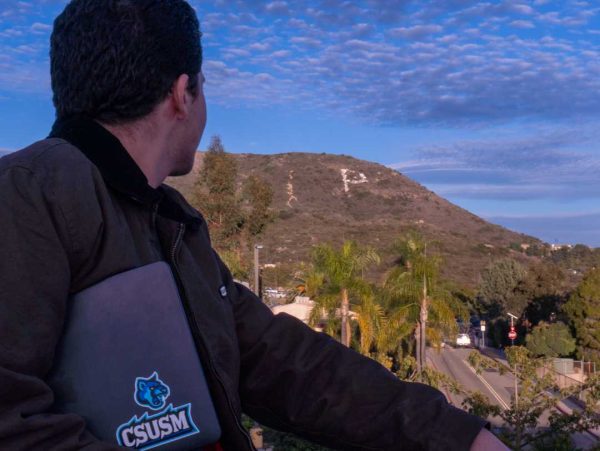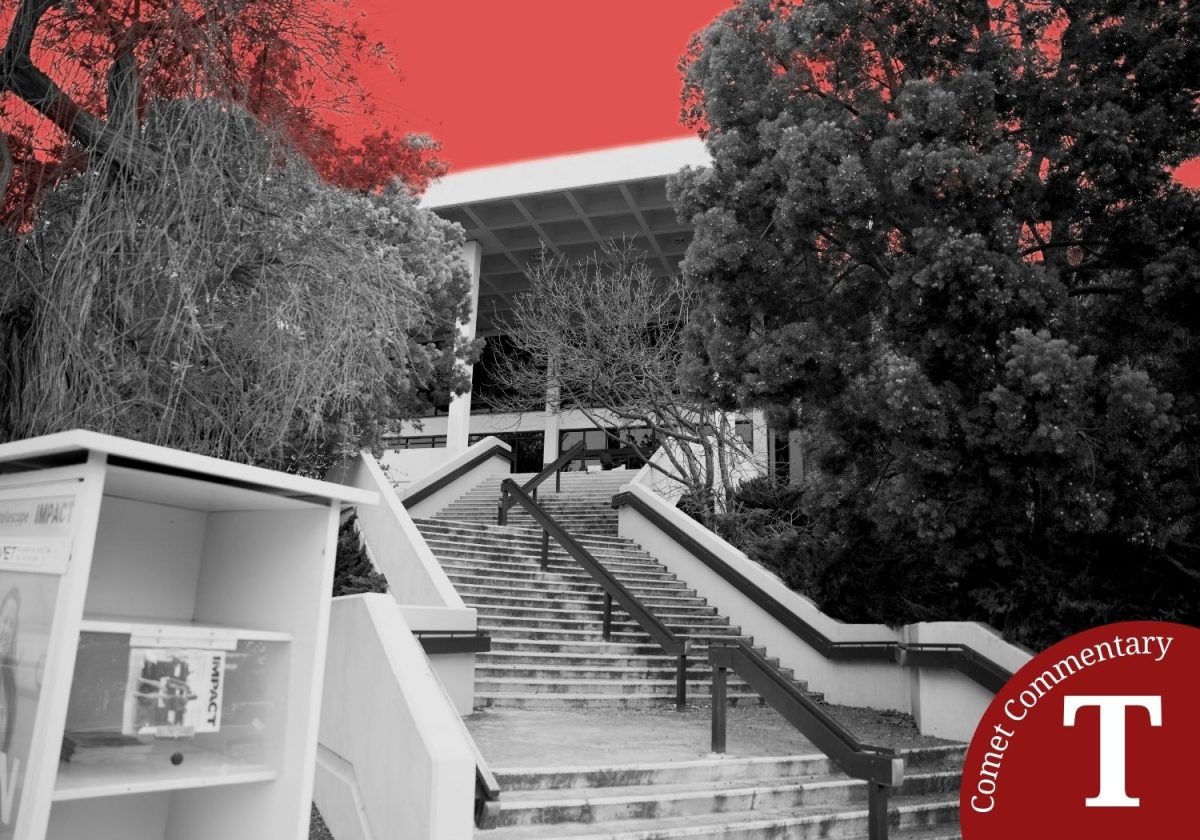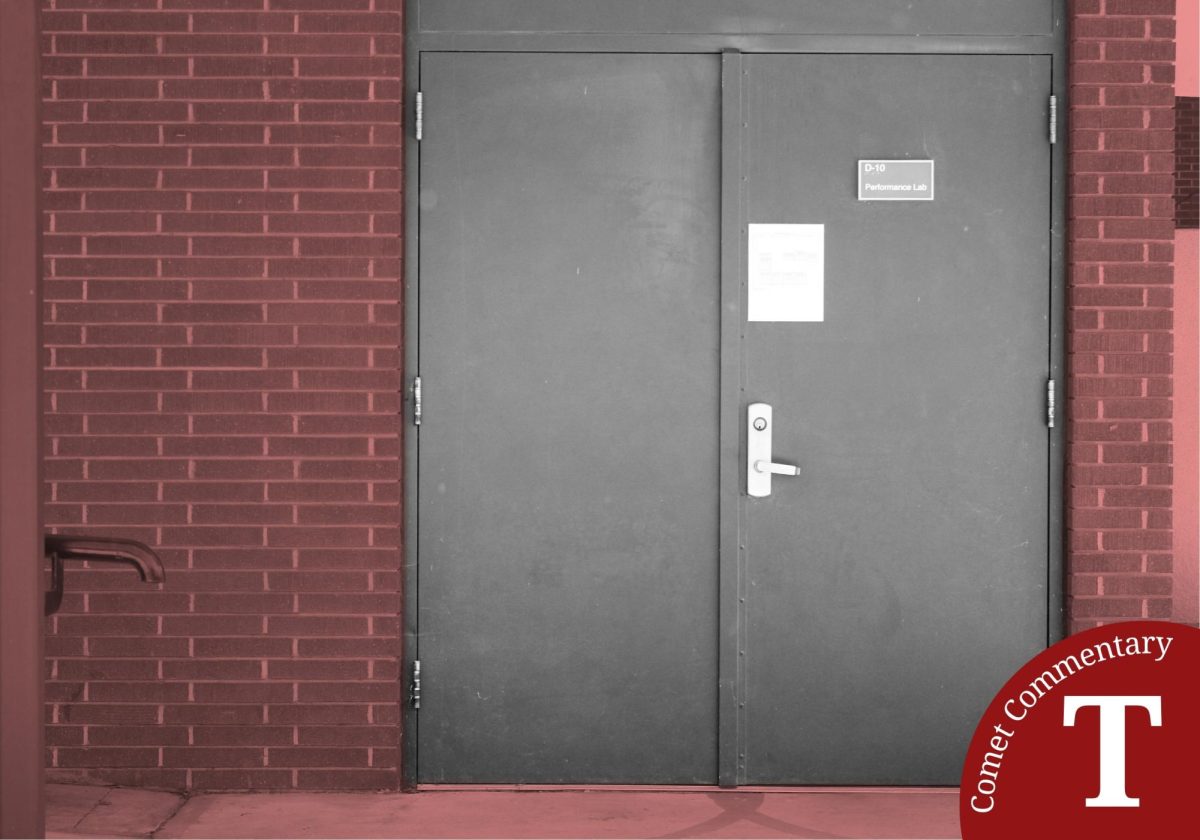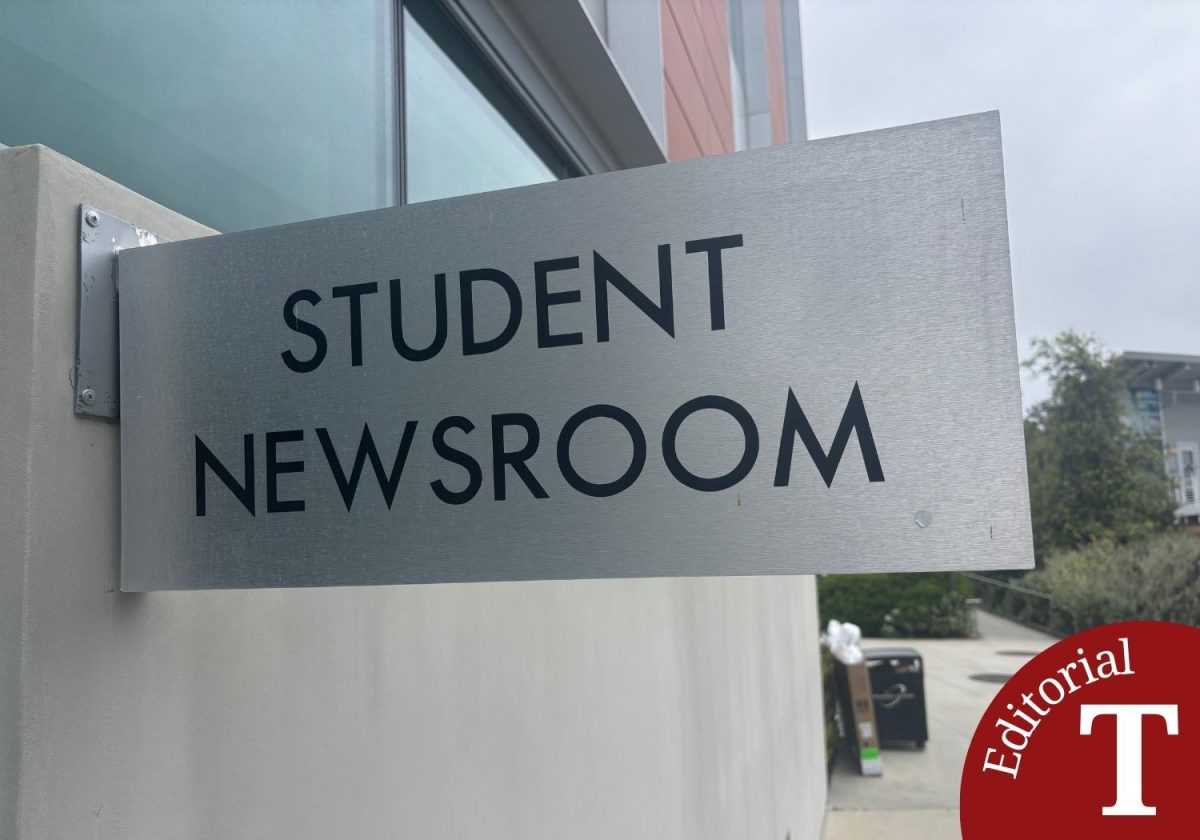Nobody dreams of attending community college.
Go ask a senior for their dream school. You’ll instantly hear USC, UCLA, and SDSU. All the big names.
What’s interesting is that when asked about their majors or career plans, answers turn vague. Some outright say how a lot of us felt or still feel: “I don’t know what I wanna do.”
Whether it’s through the fear of falling behind in society, or from the constant reminders given by teachers and parents, the importance of going to college and getting a degree is heavily ingrained within the inner psyche of many students.
Students end up tunnel-visioning into getting accepted by these schools, and by the time they get in, many feel lost with what major to take and with their life’s general direction.
To a lot of people though, all that matters is that you graduate. Then, you either stay in school and get a master’s or get a job. Anything below that is widely seen as a failure.
So that explains why big schools are always swarmed by applications. If a college degree is supposed to move you up in life, you should want the degree from the best place around, right? Right.
But here’s the catch: not everyone gets accepted, let alone can afford it.
Last February, the UC school system reported a total of 245,768 applications, with 206,405 being hopeful freshmen. The following August, they accepted 157,446 leaving 88,322 rejects with acceptance letter videos gone terribly wrong.
Then, there are the students who don’t even apply. Their reasons range from anything like poor grades to having family obligations.
I was the former. Having scraped through my final COVID years at High School, I just assumed that I wasn’t getting accepted to any UC. Who knows, maybe UC Merced would’ve taken pity and made me a Bobcat. However, in the end, my road, like many others, led to a fork-splitting between a 4-year CSU school and my local Community College. In my case, that school was Palomar College. I chose the big P on the mountain.
Now entering the latter half of my second year at Palomar, I feel like I made the right choice.
Through the Palomar Promise program, all my classes so far have cost a total of zero dollars. Student grants helped pay for visits to the mechanic and the bookstore, and I also didn’t have to move out, so no rent or moving expenses. It definitely was the right choice for my pockets.
Education-wise, Palomar does well too. Especially when you consider the fact that your first two years are filled with similar, if not identical, gen-ed classes that would’ve otherwise landed you in massive debt at a prestigious 4-year. The 100 classes also get super packed in these institutions. It isn’t uncommon to see students sitting on the floor or standing against a wall during class.
And sure, there’s also the CSUs, which are less crowded, easier to get in, and more affordable than the bigger names, but they’re still far from free.
So why immediately go to the CSU? I mean, with junior college (JUCO), you could even potentially transfer to a UC. And if you’re worried that you wouldn’t get accepted, you still have the CSU’s as your safety net.
And before you say that you can transfer as a CSU student as well, realize you are essentially paying for a community college that’s free and, in some cases, literally down the street.
The two years also allow you to feel out your major.
According to a Butler University study, 20-50% of first-year students are undeclared once they enter college, and, in another study done by the National Center of Education Statistics, it’s estimated that a third of all U.S. college students switch their majors at least once.
Realizing that a major or career path, in actuality, is not what you want to dedicate your life to, after already taking out a loan, and possibly moving across the country, would suck. A lot.
It got me thinking, why do people even bother with the straight to a 4-year route?
With inflation, skyrocketing rents, rising tuitions, and barely any loan forgiveness getting passed, along with all previously mentioned points, going straight into a 4-year doesn’t make any sense to me.
You’ll still face these problems as a transfer student, but by doing the first two years at JUCO, you save thousands to tens of thousands of dollars from tuition.
Hey, you also never know. Depending on what work you do, you could even get started in your industry with an associate’s degree and begin gaining experience that most employers place over schooling. All without ever accruing any debt.
But with that being said, a big part of college is also about the people you get to meet and network with. So even if you don’t have everything figured out, and even though it’s very expensive, there are still benefits to the big-name schools.
There’s also the campus culture of dorming, partying, frats, etc, that everybody wants to be a part of, even if they don’t admit to themselves, that just isn’t there at community colleges.
So if you’re shooting for that university aesthetic just know that there’s probably going to be some crippling parasitic debt waiting for you on the other side. That is if you aren’t already well off or got a good scholarship.
But hey, isn’t that the American Dream?














